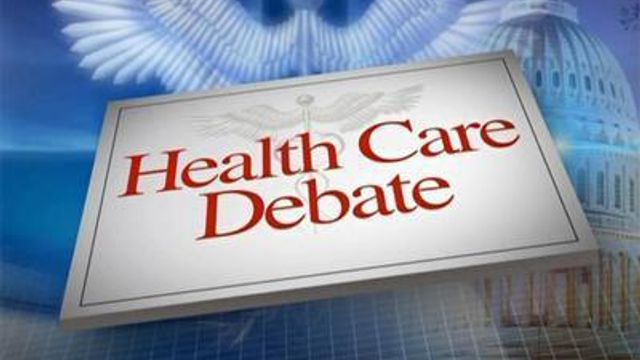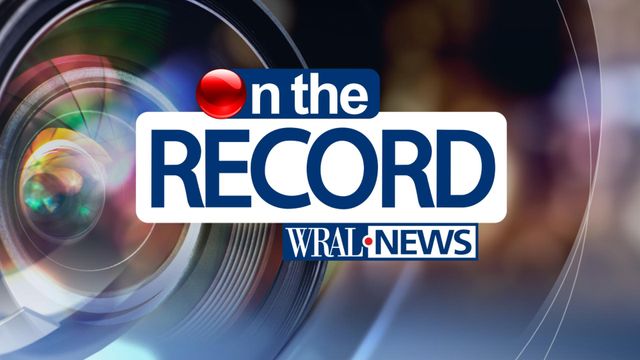North Carolinians await health care vote
As the House opens debate Saturday on President Barack Obama's landmark health care overhaul, people in the Triangle are talking about what extending insurance to tens of millions of Americans means for them.
Posted — UpdatedArthur Gordon, owner of the Irregardless Cafe, 901 West Morgan St., Raleigh, said the jump in health care costs forced him to cut coverage for every employee, except managers. He is in favor of the legislation and hopes it provides affordable health care options.
“I would really like to be able to offer it to all of my employees at an affordable cost,” he said.
Opponents say the bill would be a government takeover of the health care system that would damage the economy and erode the doctor-patient relationship.
“This is a job killer. There will be small businesses that will go out of business because they simply cannot afford to pay for insurance,” said Chris Farr, state chapter of Americans for Prosperity organizer.
Farr said the bill puts a health care mandate on families and businesses.
“If people chose this public option, the federal government highly subsidizes that up to a family making up to $96,000, so the taxpayer is going to be on the hook for subsidizing all of that health care,” she said.
Earlier this month, North Carolina opponents of the public option joined some Americans for Prosperity members for a protest at the Capitol building in D.C. They also tried to visit their representatives to urge them to vote against the bill.
The bill is projected to expand coverage to 36 million uninsured, resulting in 96 percent of the nation's eligible population having insurance.
To pay for the expansion of coverage, the bill cuts Medicare's projected spending by more than $400 billion over a decade. It also imposes a tax surcharge of 5.4 percent on income over $500,000 in the case of individuals and $1 million for families.
The bill was estimated to reduce federal deficits by about $104 billion over a decade, although it lacked two of the key cost-cutting provisions under consideration in the Senate, and its longer-term impact on government red ink was far from clear.
The House vote planned for late Saturday was expected to be tight. Passage would clear the way for a Senate debate expected to begin in several days.
• Credits
Copyright 2024 by WRAL.com and the Associated Press. All rights reserved. This material may not be published, broadcast, rewritten or redistributed.






